G7 a ‘gathering of democracies’, says Anthony Albanese
Anthony Albanese has defended the G7 as an important ‘gathering of democracies’, dismissing Chinese criticism that the summit was ‘pseudo-multilateralism’ and ‘political sewage’.
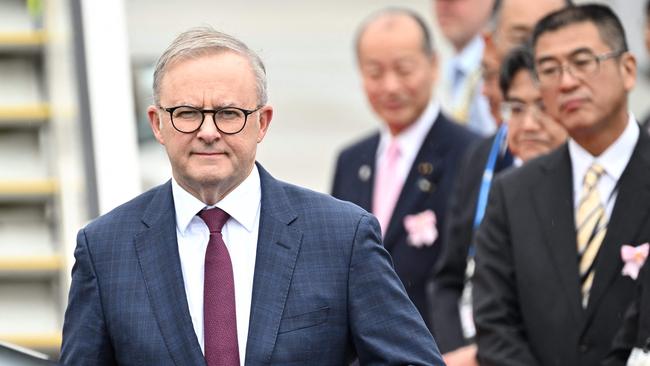
Anthony Albanese has defended the G7 as an important “gathering of democracies” with “common values”, dismissing Chinese criticism of the summit in Hiroshima as “pseudo-multilateralism” and “political sewage”.
The Prime Minister said Russia’s war in Ukraine and tension in Australia’s “own region” illustrated the importance of this weekend’s gathering of the world’s strongest liberal-democracies at which Ukrainian president Volodymyr Zelensky is scheduled to attend on Sunday.
“The G7 is a gathering of democracies,” Mr Albanese said in Hiroshima’s Peace Memorial Park on Friday.
“And that’s important – that democracies get together on the basis of our common values.”
Hours earlier, the three-day-summit began with G7 leaders placing wreaths at the cenotaph for victims of the atomic bomb dropped on the city by the US at the end of World War II. Japan’s Prime Minister Fumio Kishida, whose family is from Hiroshima, said the city’s terrible past should serve as a powerful reminder “of what can happen when peace and order break down and give way to instability and conflict”.
Before meeting separately on Friday evening with Brazilian President Luiz Inacio Lula da Silva and South Korean President Yoon Suk Yeol, Mr Albanese said a “shortened-format” meeting of Quad leaders had been confirmed to take place over the weekend.
It had been scheduled to take place in Sydney next week but was cancelled so that US President Joe Biden can lead “debt-ceiling” negotiations in Washington.
Mr Albanese said a lot of work had already been done in the lead-up to what was going to be a meeting held in Sydney next week.
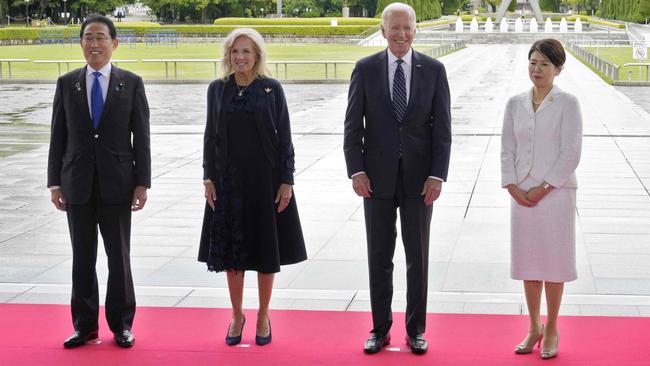
“We will have, I think, a successful meeting,” he said.
The Chinese launched a global diplomatic counteroffensive to the G7 summit, revealing its deep anxieties about the increased co-ordination of strong liberal-democracies dealing with Xi Jinping’s China.
In an attempt to showcase China’s diplomatic alternative, President Xi hosted a two-day summit in the former imperial capital of Xi’an, in Shaanxi Province, with five leaders from Central Asia.
After hosting a banquet with his wife, Mr Xi promised development opportunities – particularly increased energy trade – for the gathered leaders from Kazakhstan, Kyrgyzstan, Tajikistan, Turkmenistan and Uzbekistan.
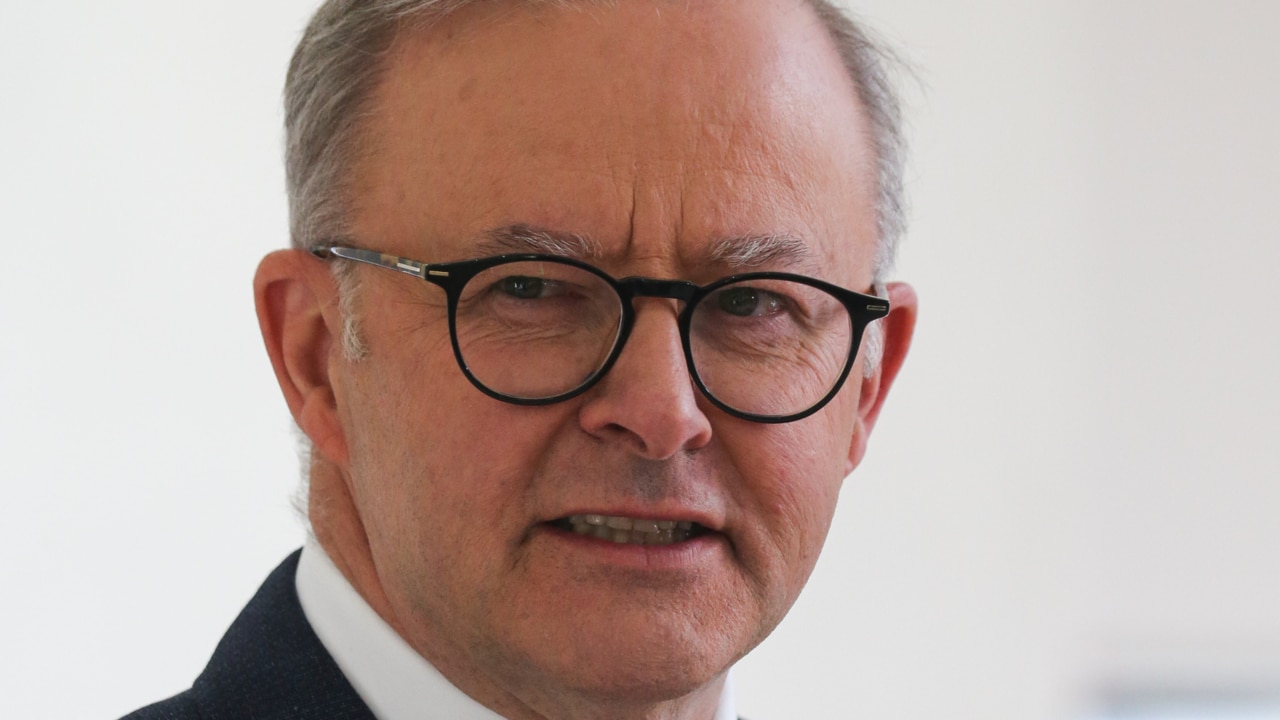
All are members of China’s Belt and Road Initiative, Mr Xi’s signature foreign policy.
In a speech, Mr Xi told the Central Asian leaders they should jointly oppose “external interference” in the internal affairs of regional countries and attempts to instigate “colour revolutions”, and maintain a zero-tolerance stance against terrorism, separatism and extremism, an approach China has modelled in its far western region of Xinjiang.
China’s party state media described the China-Central Asia Summit as “true multilateralism”, unlike the “pseudo-multilateralism” of the Japanese-hosted event.
“The stark contrast between the clean stream of multilateralism injected by China and Central Asian countries in Xi’an and the geopolitical sewage discharged by the G7 in Hiroshima is evident,” the Global Times said.
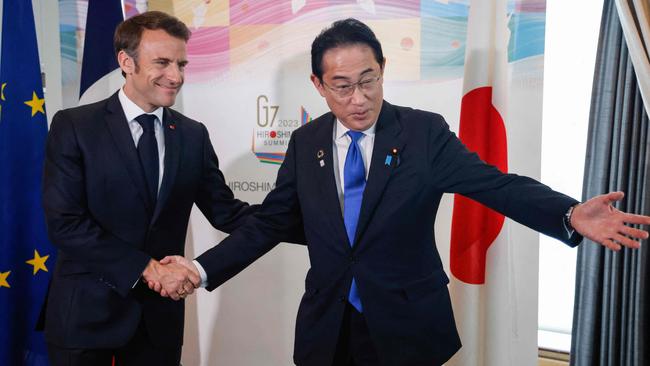
On the eve of the summit, Beijing also published a report that it claimed exposed “the evil deeds of US coercive diplomacy”.
It was released after Beijing had earlier warned G7 leaders not to discuss China’s economic coercion or include any mention of it in their joint communique.
China’s Foreign Ministry sent another warning on Thursday evening after Japan’s Prime Minister said he wanted to discuss the importance of “peace and stability of the Taiwan Strait” with visiting world leaders.
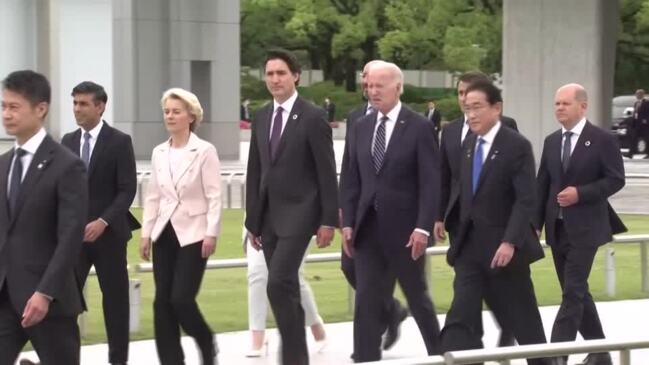
“Those playing with fire will get burnt,” said Chinese foreign ministry spokesman Wang Wenbin after saying that “no one cherish(es) cross-Strait peace more than us in China”.
Beijing has ramped up a Canberra charm offensive – while reiterating its deep unhappiness with Australia’s security policy – in the lead-up to this weekend’s summit.
President Zelensky’s in-person attendance on Sunday remains subject to security concerns in Ukraine. Mr Kishida invited the Ukrainian leader to attend the Hiroshima summit during a visit to Kyiv in March.



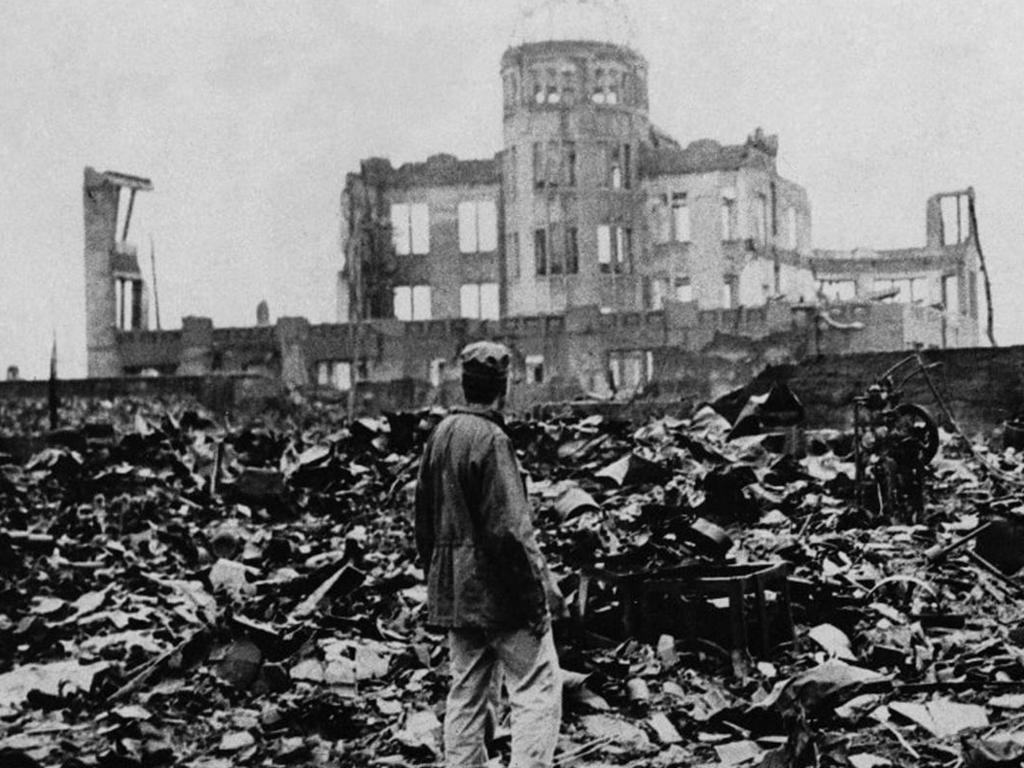
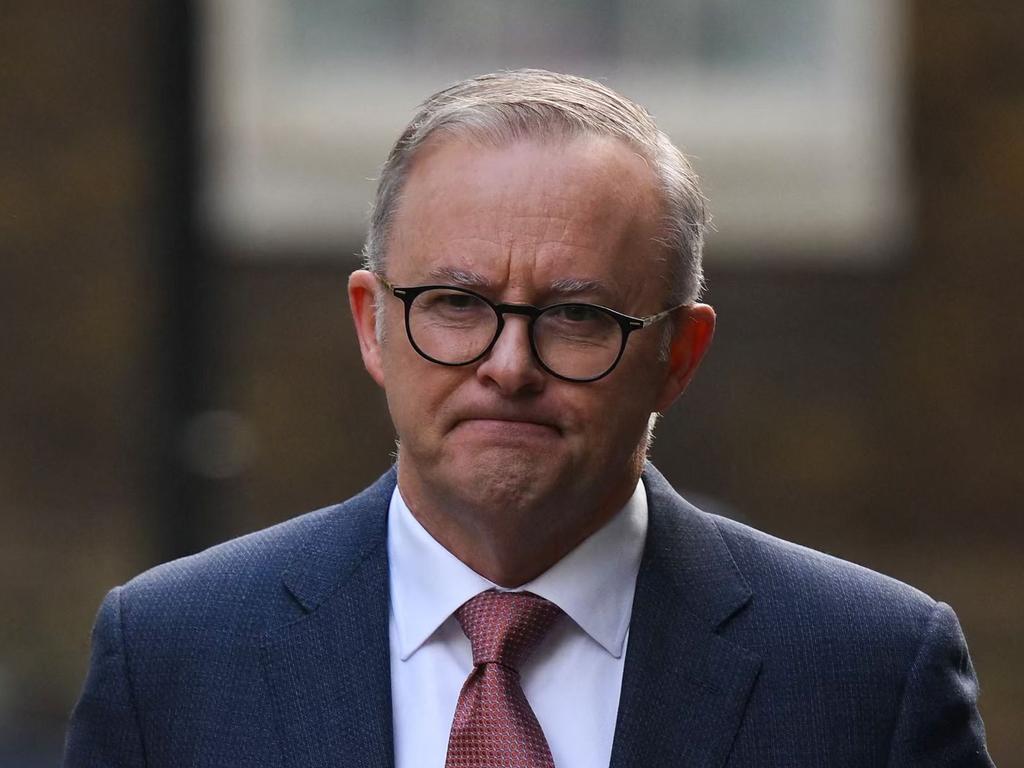


To join the conversation, please log in. Don't have an account? Register
Join the conversation, you are commenting as Logout